Gaza is once again at the center of a high-stakes diplomatic effort as Israel and Hamas engage in indirect peace negotiations in Sharm el-Sheikh, Egypt. These talks, now entering their third day, represent a crucial attempt to halt nearly two years of conflict that have left tens of thousands dead and displaced hundreds of thousands of civilians. The discussions are largely framed around a U.S.-proposed peace plan, which has brought together key international actors in hopes of stabilizing the region.
The U.S.-Backed Peace Initiative
The peace proposal seeks to address immediate security concerns while laying the groundwork for longer-term governance solutions in Gaza. Central to the plan are several key measures:
- Ceasefire Agreement: Both sides are expected to halt hostilities immediately. This includes a suspension of airstrikes, artillery exchanges, and rocket attacks that have defined the conflict in recent months.
- Hostage Release: Hamas is asked to release the hostages it currently holds. As of recent reports, this number stands at approximately 48 individuals, including civilians and aid workers.
- Israeli Troop Withdrawal: Israel is expected to implement a phased withdrawal from selected areas within Gaza, balancing the need for security with the humanitarian imperative.
- Disarmament of Hamas: As part of the ceasefire conditions, Hamas would need to relinquish its heavy weapons arsenal, a measure intended to prevent future escalation.
- International Oversight: A multinational body would oversee the ceasefire, enforce compliance, and manage humanitarian aid, ensuring that both sides honor the agreement.
The U.S. delegation, led by former President Donald Trump’s son-in-law, Jared Kushner, alongside envoy Steve Witkoff, has played a central role in mediating these discussions. Other influential figures, including Israeli adviser Ron Dermer and Qatari Prime Minister Al Thani, are also participating, reflecting the international weight behind the initiative.
Challenges on the Horizon
While the framework of the plan appears comprehensive, several obstacles threaten to undermine its success. Hamas has expressed hesitation over disarmament, insisting that guarantees are in place to prevent renewed Israeli attacks after hostages are freed. This insistence underscores the deep mistrust between the parties, built over decades of conflict.
Israel has shown cautious optimism, supporting a ceasefire but insisting on strict security measures. The question of Gaza’s governance remains unresolved, with Hamas demanding a clear role in any interim arrangements and assurances that Israeli military operations will not resume once hostilities cease.
Humanitarian concerns also loom large. The conflict has resulted in catastrophic civilian casualties and widespread displacement, with healthcare, food, and water resources severely strained. Any lasting peace agreement must address these urgent needs to prevent further humanitarian crises.
Regional and Global Reactions
Egypt, hosting the negotiations, has stressed the need for realism and careful monitoring, acknowledging the difficulty of enforcing such an agreement on the ground. The Vatican has weighed in, condemning violence from both sides and urging proportionality, dialogue, and reconciliation.
Meanwhile, in Israel, families of hostages have put forward nominations for Donald Trump for the Nobel Peace Prize, reflecting both hope and desperation that diplomatic intervention will end the crisis. International observers remain cautiously optimistic, emphasizing that any breakthrough in Sharm el-Sheikh could serve as a model for conflict resolution in other volatile regions.
Historical Context
The Gaza conflict is deeply rooted in decades of territorial disputes, political fragmentation, and cycles of violence between Israel and Palestinian factions. Past ceasefire attempts have often faltered due to mistrust, lack of enforcement mechanisms, and sporadic escalations. Analysts note that for this latest initiative to succeed, it must incorporate both robust security guarantees and tangible humanitarian and political incentives for all parties involved.
The Road Ahead
As the negotiations continue, the world watches closely. The success of the Sharm el-Sheikh talks could signal a turning point in the Gaza conflict, potentially ending one of the most entrenched and violent standoffs in recent history. However, without careful implementation, strong oversight, and genuine cooperation, the ceasefire risks becoming another temporary pause in a cycle of violence.
The coming days will be critical. With every party balancing national interests, humanitarian concerns, and international pressure, the path to peace in Gaza remains fraught with challenges but also filled with unprecedented opportunities for a lasting resolution.

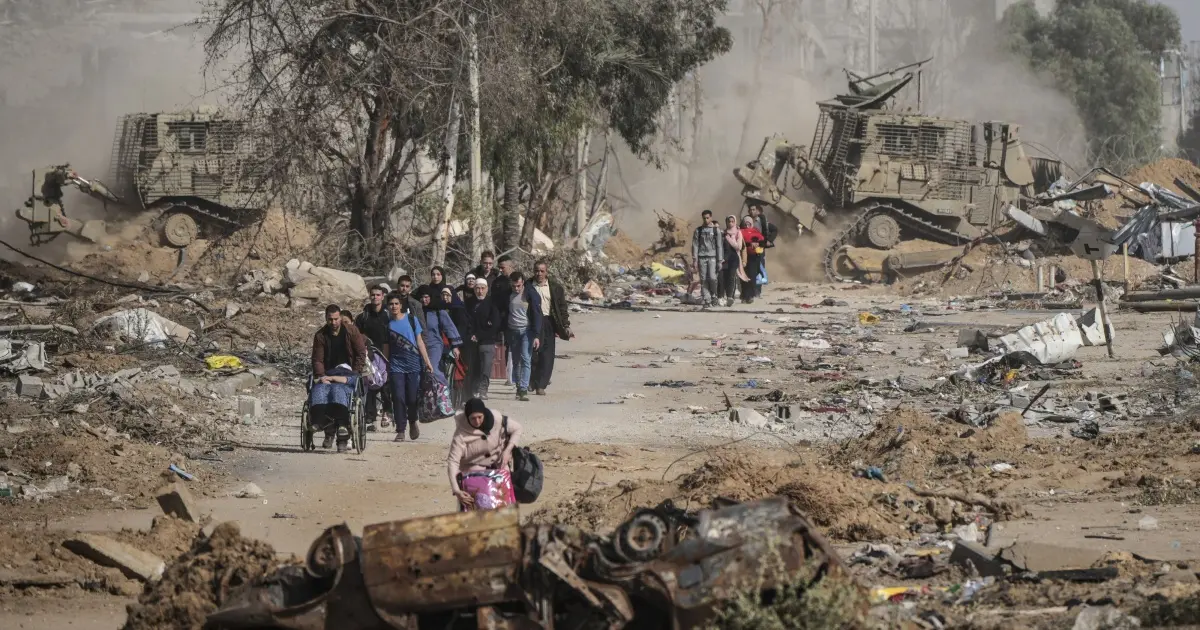
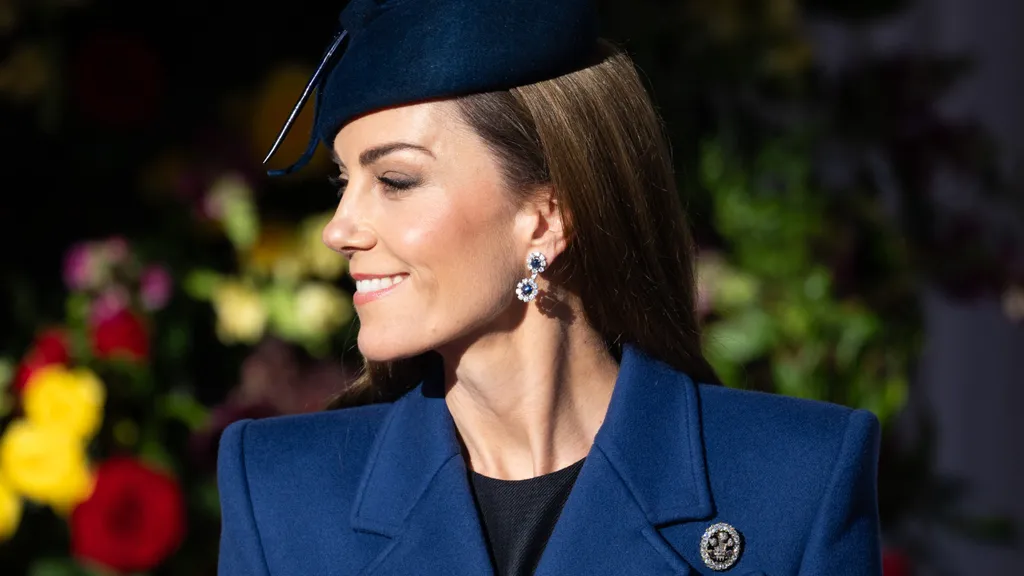
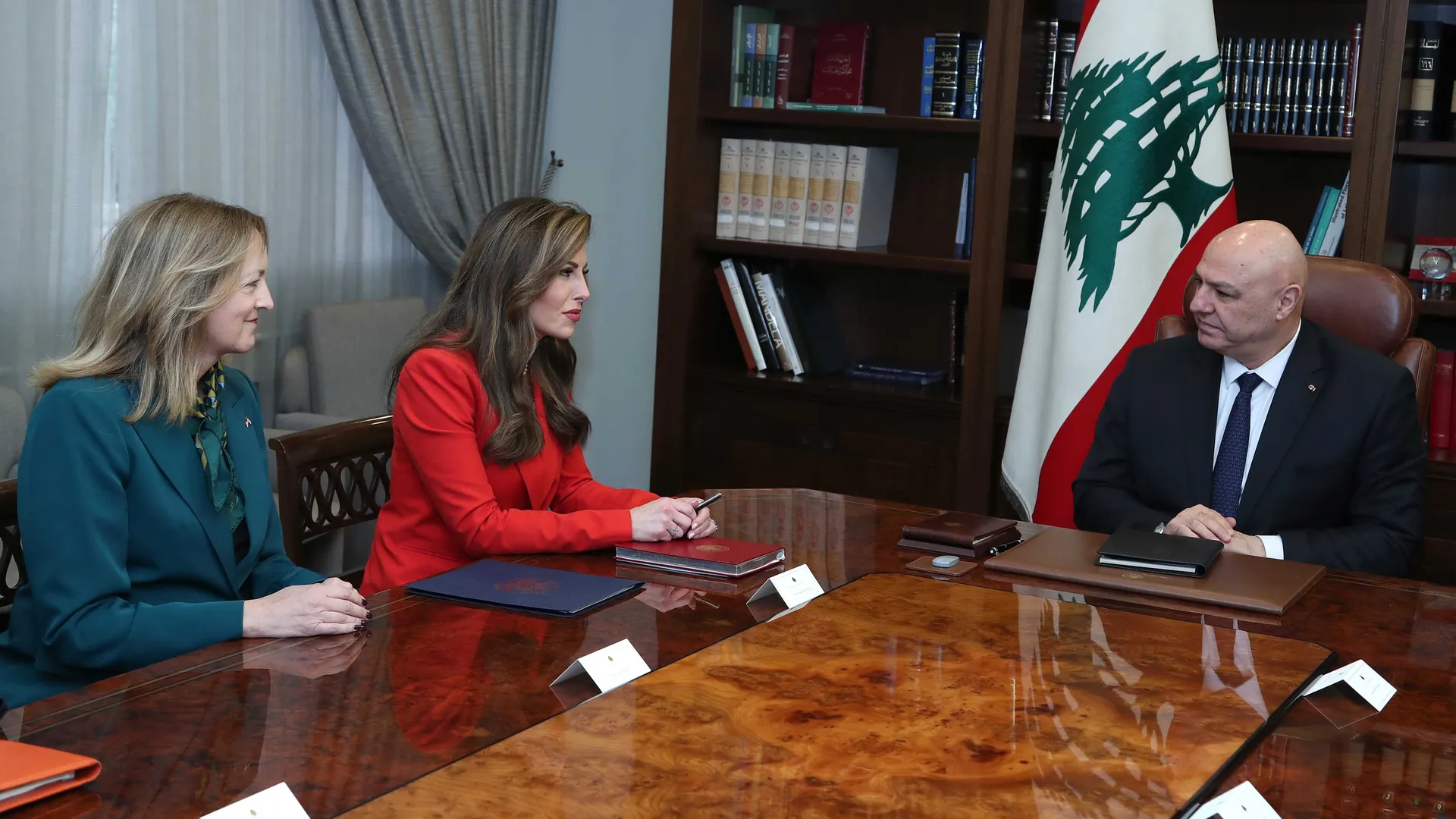

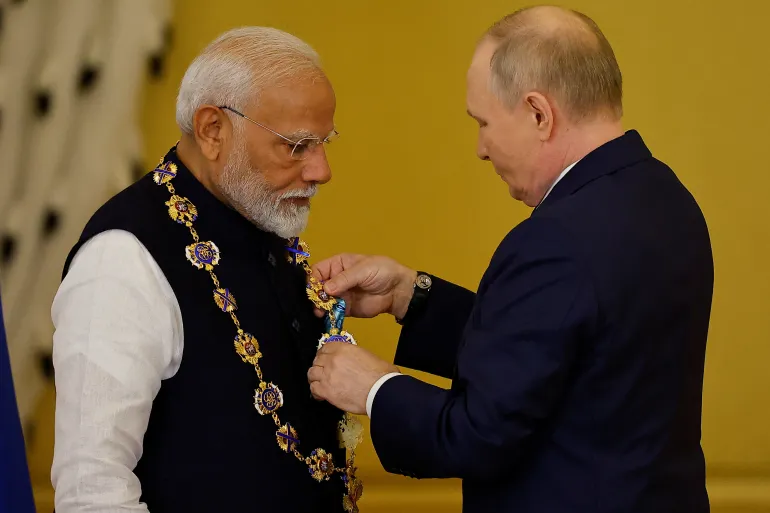
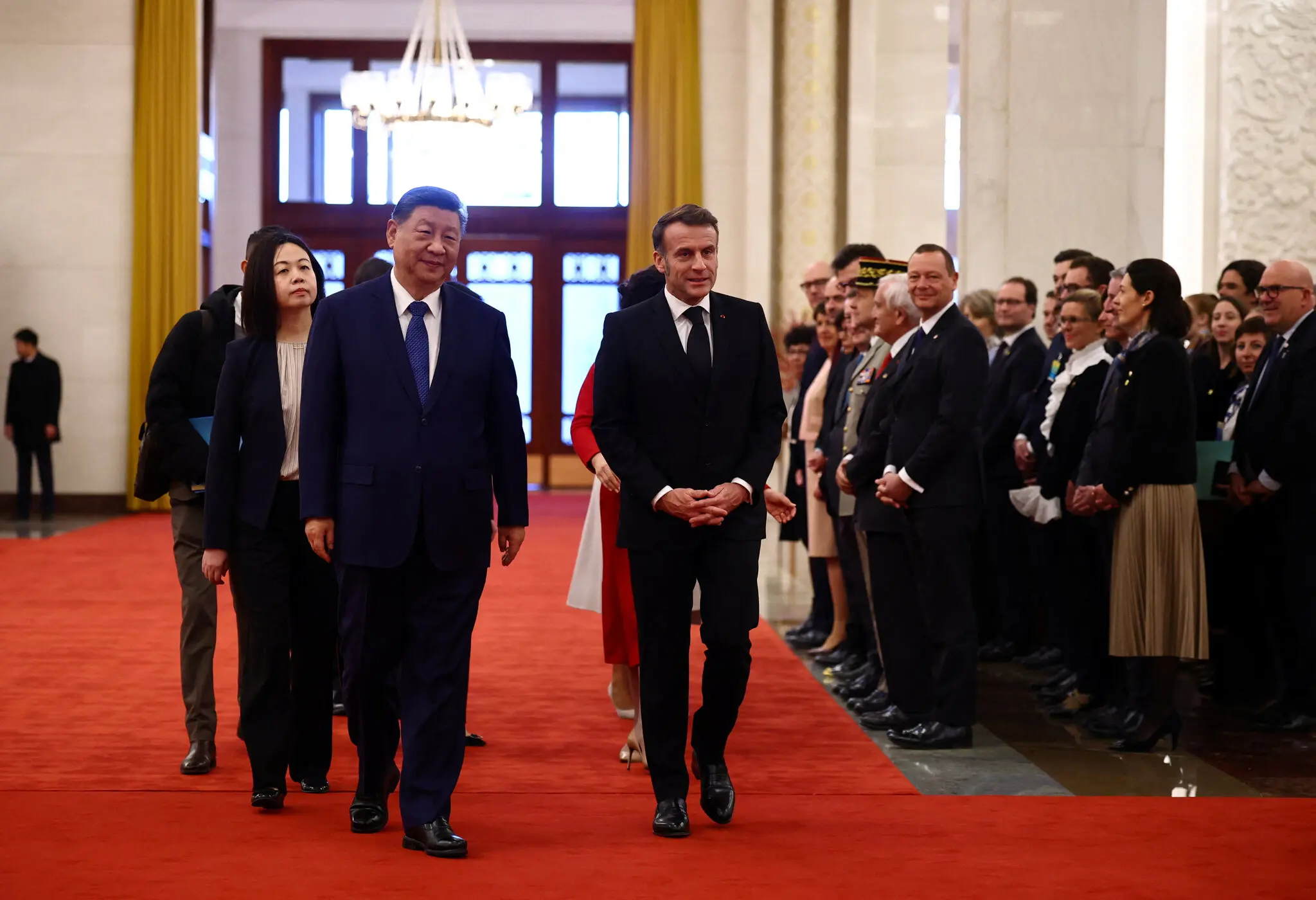









Leave a Reply